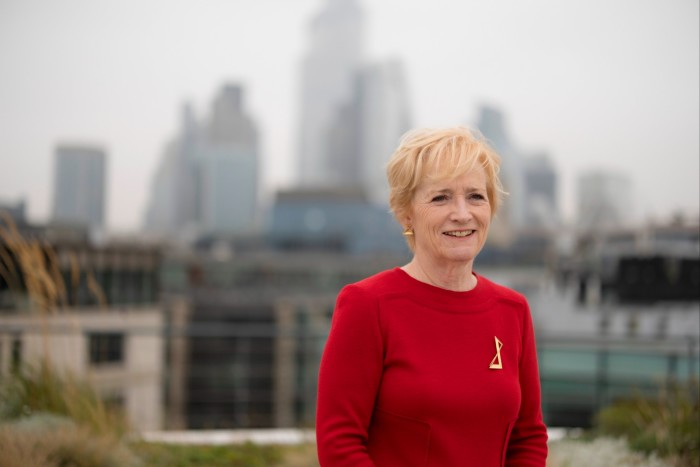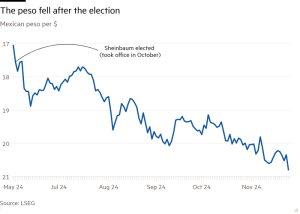Not planning for death can be an expensive business

Unlock the Editor’s Digest for free
Roula Khalaf, Editor of the FT, selects her favourite stories in this weekly newsletter.
The author is partner at law firm Maurice Turnor Gardner
In my experience, the last thing recent creators of great fortunes do is expend energy on contemplating their mortality. But, as their lawyer, I see it as my role to provoke them into making personal planning a priority — they need some elementary “death admin”, with their will as a starting point.
Will preparation and related activity are a cornerstone of my practice and I come out in a rash when I discover that successful entrepreneurs do not have a will. I am not sure it is so much that these people have no interest in auditing their lives and adopting a plan, more that it involves devoting time to working out what is needed, bringing up complicated financial and emotional issues — and, for some, this is on the “too difficult” pile. I have never come across a client who refuses to make a will, but it can be a long-drawn-out affair.
A recent planning project involved two business partners based in England to whom I had been introduced by the newly appointed general counsel of their business. Each held 50 per cent of the business so neither had control. One had a domestic partner and young children from a previous relationship and the other had a domestic partner and supported her children. Both had an interest in philanthropy. They were friends through business but not socially. Neither had a will nor any understanding of how their estates would be dealt with if one or both died prematurely — and the mayhem and chaos that would follow. There did not seem to be any significant curiosity about what would happen.
However, the GC had acted as a catalyst to this conversation because he worried about what would happen to the business in this scenario. His focus was the commercial consequences of a death, which got the business partners’ attention.
Their preliminary question was “Why do I need a will? Surely, if I don’t have a will, my domestic partner and children will inherit?” I had to explain that, if they died with no will, English intestacy rules apply, but they are old-fashioned and have certainly not kept pace with societal changes.
As neither client is married nor in a civil partnership, their domestic partners would not inherit. There is no such status as “common law” wife or husband that would confer any rights on the domestic partners; you are either married (or civilly partnered) or you are not. Where there are children, the estate will be inherited by those children at age 18. But while “children” would include any children from a previous relationship, unrelated minors do not qualify.

For the client who had neither wife nor children of his own, his estate would be inherited by his parents. There is no scope for benefiting any charities. The rules are rigid.
My postscript for both was a warning that both domestic partners and the children (who were not his own but whom he was supporting) might bring a claim against their estates after their deaths on the grounds that there was no reasonable financial provision for them — litigation loomed.
During our discussion, it became clear that their legal heirs did not include those the clients wanted to benefit nor would they have wanted their children to automatically inherit at 18. More compellingly, there would be the potential for a business disaster as the survivor would find himself running the company with his business partner’s elderly parents and representatives for the infants. The GC was aghast as he could see that this could be calamitous for both the heirs and the business. The survivor would be distracted by the mess when the business needed him most.
Most of my message was unwelcome news, but it did provoke action. “Starter” wills have been executed but the overall planning remains a work in progress.
It is worth noting that not all jurisdictions have such a rigid approach to relationships. A Brazilian client of mine referred to his “wife” when we were talking about succession plans, but, on investigation, it became clear they were not formally married. They are in a civil union which, under Brazilian law, gives the “wife” certain rights similar to those of a spouse under Brazilian law, but that status does not necessarily translate into the same position in England.
When I was a newly qualified private client lawyer, my mentor gave me some sage advice, which I endeavour to pass on to the juniors in my firm: a will is the most important document you will ever sign, so it is worth giving it the attention it deserves. Without it, the death admin for those you leave behind — both heirs and business — will be far worse. Commit time to this project and take comprehensive advice. No one wants to leave a legacy of chaos and mayhem.
#planning #death #expensive #business




